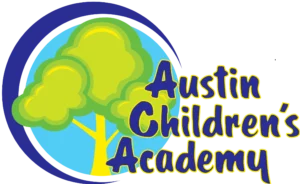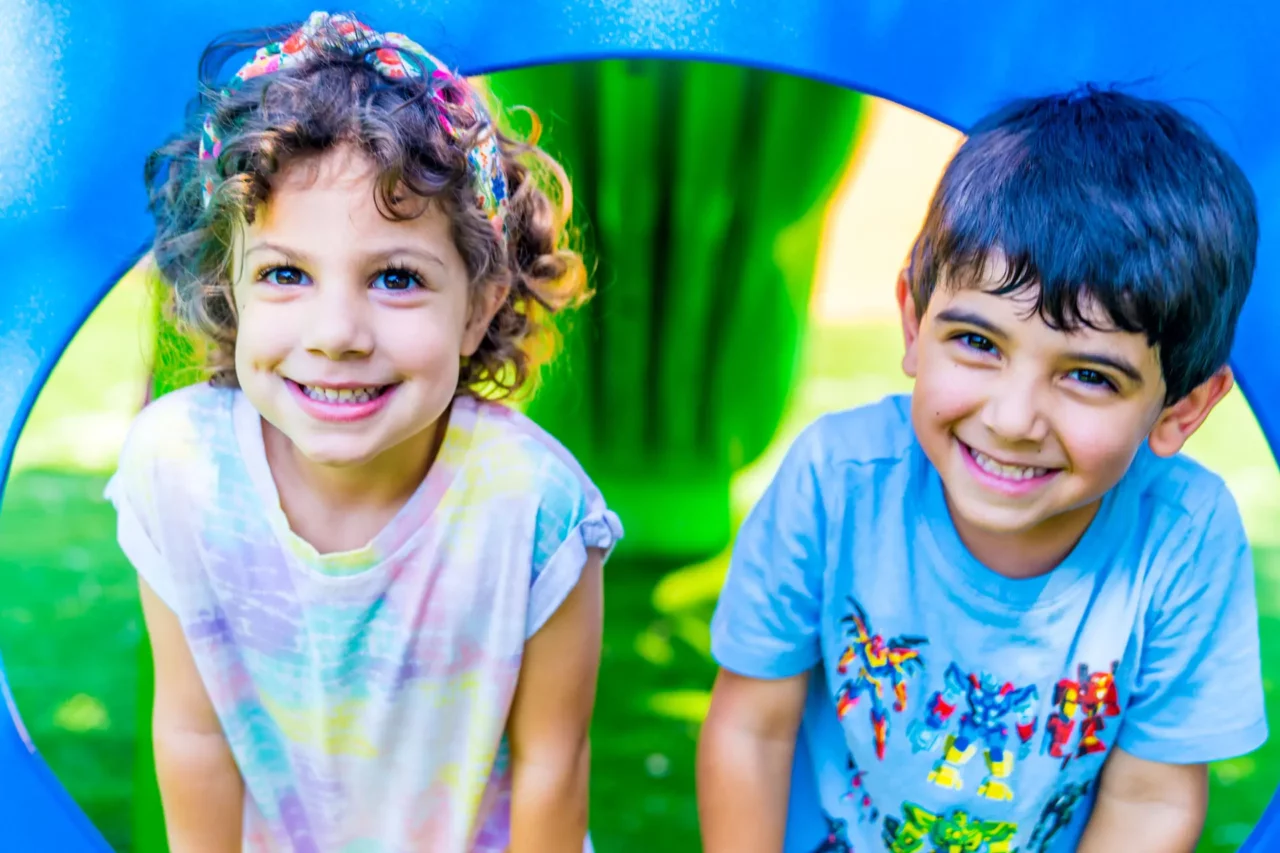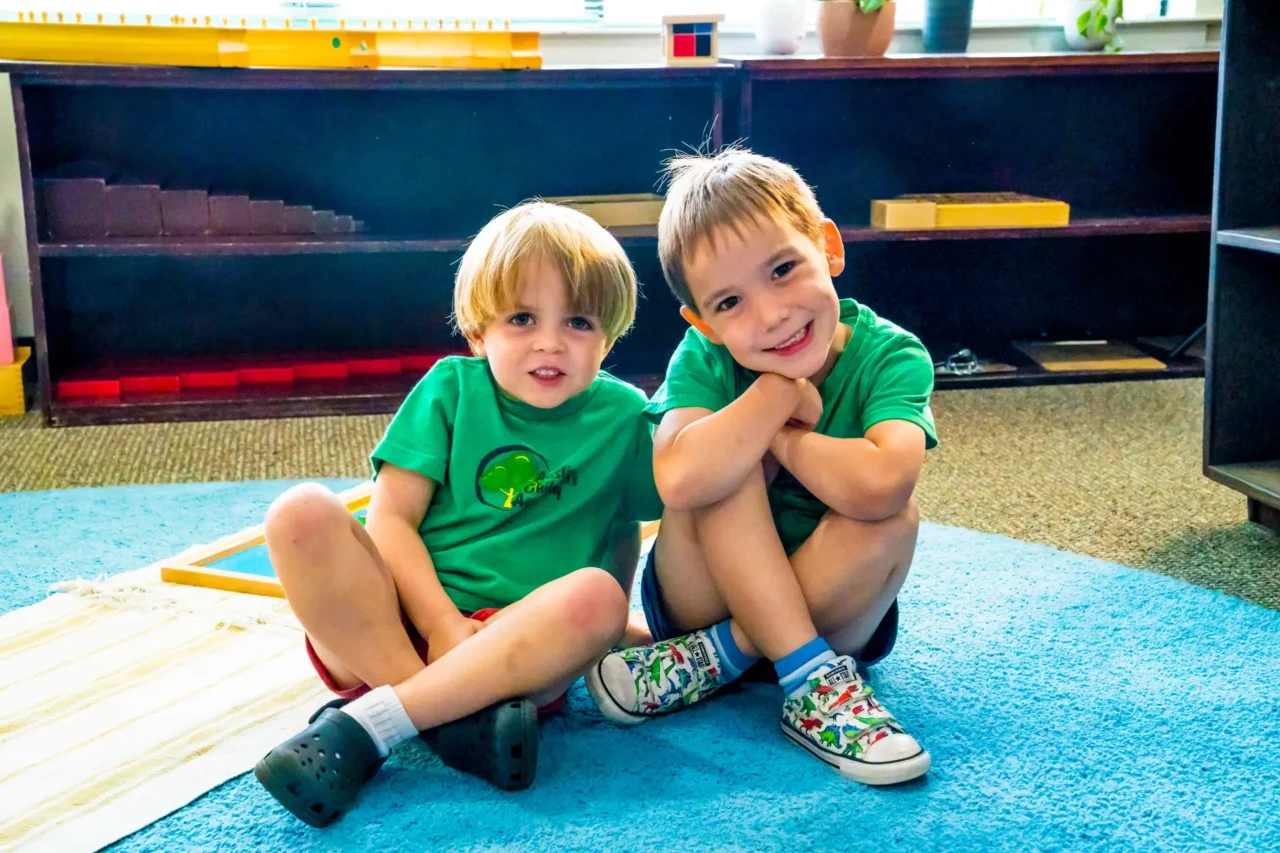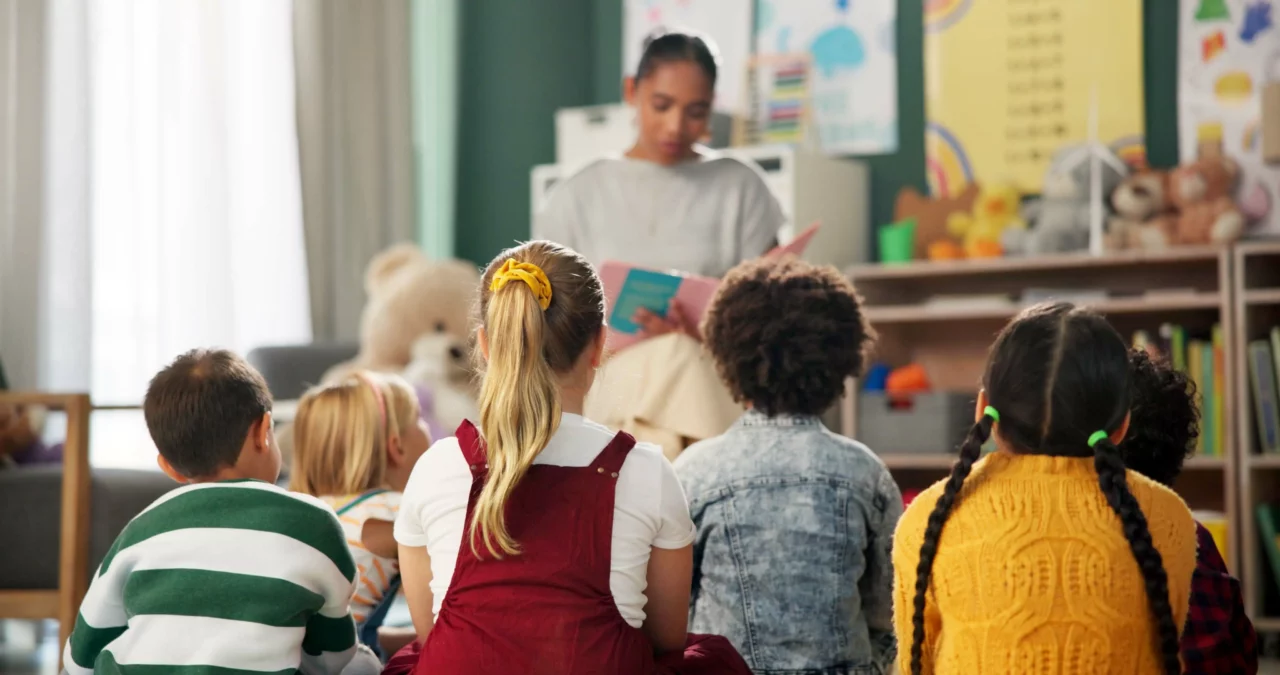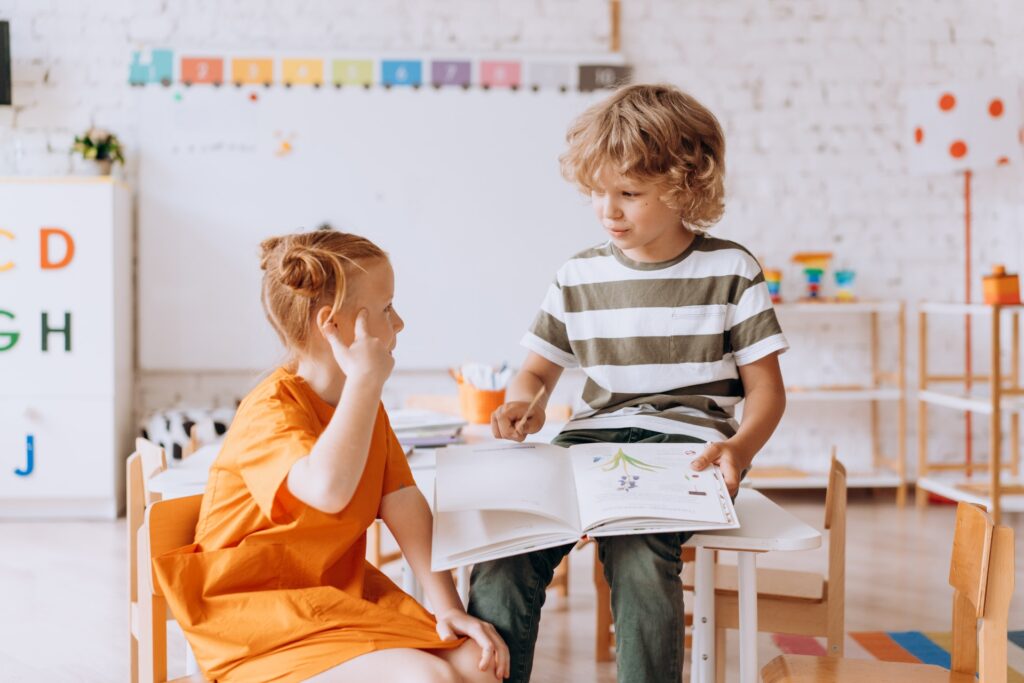
At Austin Children’s Academy—and all other esteemed Montessori schools across the world—we promote a well-rounded view of the child, and our goal is to help every aspect of their development—physical, social, emotional, and cognitive. These aspects make up the “whole child,” as Dr. Montessori put it.
Social Development in the Classroom
Children, like all humans, are social creatures. They depend on each other to fulfill not only their physical needs, but their emotional and spiritual needs too. This embodies our idea of “culture” and how children, adults, and all types of humans meet their social needs.
Since we’re dedicated to focusing on the whole child, the social aspect of their development is important in the Montessori philosophy. In our classrooms, social development takes place in myriad different ways—and this is the Montessori philosophy at work.
Here are some manners in which the Montessori philosophy promotes positive social behaviors in young learners:
Mixed-Age Classrooms
The Montessori philosophy focuses heavily on mixed-age classrooms because it was Dr. Montessori’s belief that children learn best when they learn from each other. This theory is proven every day within a Montessori environment.
Children are instinctive beings. They know when to offer help to one another or when a peer needs comfort or encouragement. They learn these cues most prudently within a mixed-age classroom, where they have the opportunity to interact with children both younger and older than they are, with varying levels of social development.
Inside a mixed age classroom, the temptation for competition is all but squashed. Children feel less pressure to perform at the level of their peers because the classroom is full of children at all different levels and capabilities. Instead of competing, children naturally collaborate with and assist each other. They are more likely to show self-control, respect, a willingness to help, and feelings of sympathy toward their peers.
Small Group Lessons
The main focus of the Montessori philosophy is centered around individual progression, which means that many lessons are presented individually to the students. But once in a while, the guide will present a lesson to small groups of students.
These small groups encourage collaboration and dialogue among the students. Working and learning together in these small groups improves a child’s conversational skills and allows them to grasp important concepts while in a safe environment amid their peers.
A Certain Number of Materials
We’ve all witnessed a classroom that is overflowing with materials—and we’ve experienced the way that causes chaos, clutter, and confusion. But if there is a set number of materials for a classroom, as there is for a Montessori environment, the children benefit from the sense of order.
They know what to expect when a material is being used by another student—they are aware that they have to wait their turn to use it. This creates a stable and predictable environment that all children crave. It also gives them the chance to practice patience.
Grace and Courtesy
Grace and courtesy are two big players in the Montessori philosophy, and we practice them each and every day. Children learn how to interact appropriately with their peers and with their guides through everyday interactions and dialogue. Students will host guests in the classroom and greet them when they enter, prepare snacks and share them with their peers, and exercise appropriate behavior for mealtime.
Respect is one of the main pillars of a Montessori classroom, and children will learn to respect themselves, their peers, their guides, their materials, and their surroundings. This fosters a sense of compassion and empathy in children.
Positive Social Behaviors at ACA
We are proud of the social environment that we foster at Austin Children’s Academy. If you would like to learn more about our classrooms or the Montessori philosophy in general, contact us or schedule a virtual tour today.
